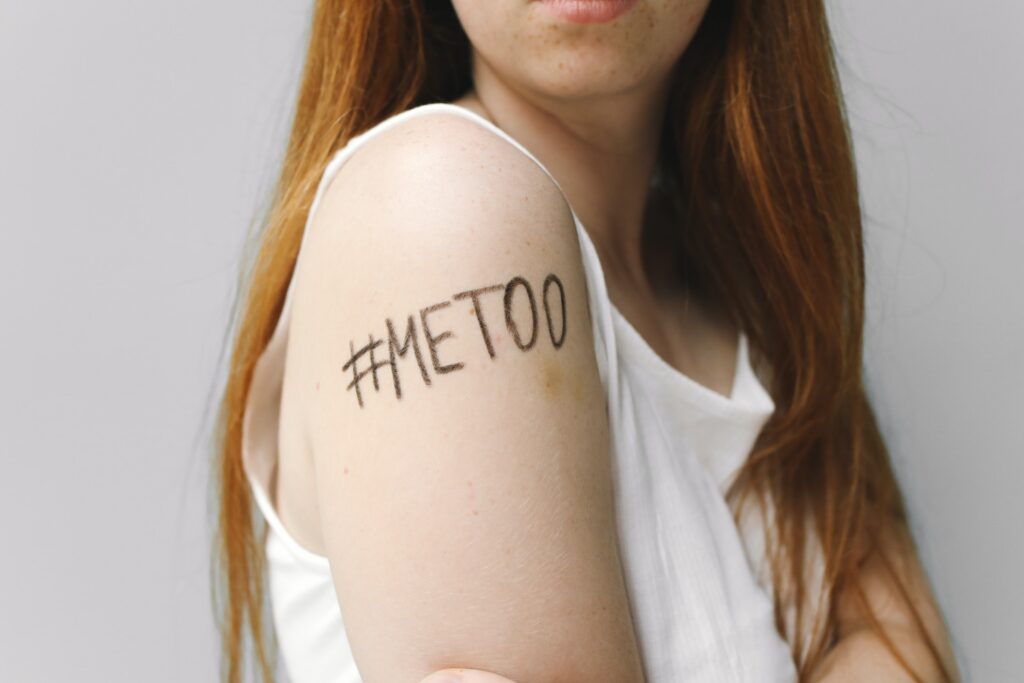The “Me Too” movement gained momentum as a result of the exposure of the widespread sexual abuse allegations against Harvey Weinstein in early October 2017. For the major part to date, it spread virally as a hashtag on social media. On October 15, 2017, American actress Alyssa Milano posted on Twitter, “If all the women who have been sexually harassed or assaulted wrote ‘Me too’ as a status, we might give people a sense of the magnitude of the problem,” adding that she got the idea from a friend. Several responses and posts from high-profile American celebrities soon followed.
The phrase “Me Too” was first used in the context of a social movement on social media by sexual assault survivor and activist Tarana Burke on My Space in 2006. As it picked up in 2017, the scope broadened with expansion, but Burke more recently referred to it as an international movement of justice for marginalized people.
The widespread media coverage and discussion about sexual harassment particularly in Hollywood resulted in the termination of the high-profile positions held coupled with severe criticism and backlash. The same was observed in other industries. The New York Times published a report on October 29, 2018, revealing how #MeToo successfully brought down 201 powerful men and 50% of the replacements were women. The change is real and numbers are historic.
New research finds that Hollywood producers began hiring more women writers than ever before. Hollywood can be a tricky place for women to work. A report on Inequality in 1200 popular films examined the portrayal of Gender, Race, Ethnicity, LGBTQ, and Disability from 2007 to 2018. The ratio of men to women on-screen was 2.2 to 1. Despite the disappointment, Me Too serves as a ladder in the transformation of the workplace scenario. The steps we take may be small, but the impact will be significant. A section in the New Academy Museum of Motion Arts and Sciences is exclusively dedicated to the Me Too Movement.
Let us take a look at some positive changes that came as a result of the Me Too Movement. These range from reforms in the state laws to monetary compensation for abuse survivors.
Ban of Non-Disclosure Agreements covering Sexual Harassment
A problem that persisted in the system for a long time was that of a “non-disclosure agreement”. For example, an agreement prevented Zelda Perkins, the former assistant of Weinstein to disclose even to her family members that Weinstein had exposed to her repeatedly. That agreement prevented Perkins from speaking up for almost 20 years.
As #metoo gained attention, several states passed laws that prohibit the use of nondisclosure agreements in sexual misconduct cases.
Financial Compensation for Survivors
Michigan State University created a $500million settlement fund in response to a sexual abuse case. According to the New York Times, it was the largest such fund ever created by a university. Survivors could get between $250,000 and $2.5 million each.
In 2018, the Equal Employment Opportunity Commission won $70 million from companies on behalf of harassment survivors, 47 percent more than in 2017.
Conversations around Sexual Harassment and Power Changed
#MeToo exposed the long-hidden reality of sexual misconduct, assaults, and abuse at various workplaces and the impact it had on survivors and their loved ones. The movement was an eye-opener in this context. Now people think more about who is in power, what they exercise, and what they stand for.
Ending Tipped Minimum Wages
Restaurant workers often had to put up with harassment from the customers to avoid losing on a tip. Loss of tip would mean an inability to pay basic bills. The minimum wages vary from state to state and county to county, but the wages are lower for restaurant workers than in other professions. For example, the state of Alabama follows the federal tipped minimum wage of $2.13 per hour for these workers.
The generic idea is that the rest will be covered in gratuities. If tips fall short, the employers are supposed to cover them, but they always don’t.
Restaurant workers and their advocates have long argued that it is necessary to end tipped minimum wages to fight harassment. Seven States is the first in line and the movement gained steam with the rise in #metoo.
“Me Too” in its entirety sparked conversations about abuse, power, inequality, and injustice. There is a lot to accomplish under this umbrella but the impact created till now is undeniable.











